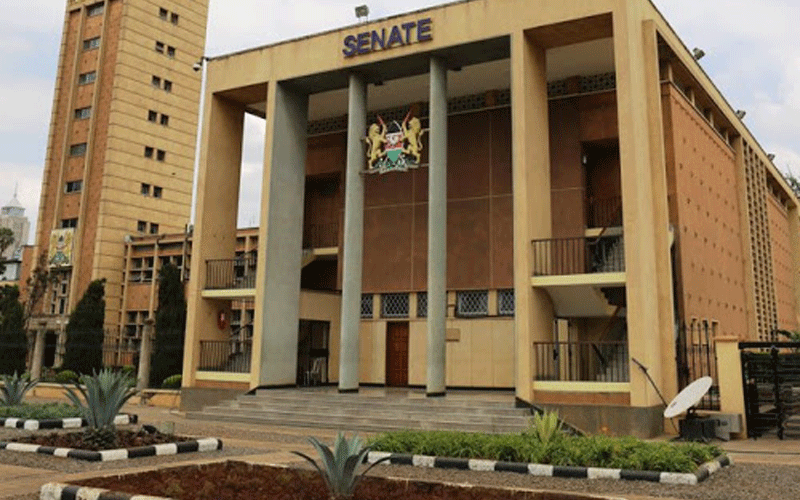Why sale of State-owned firms halted stopped

Privatisation Commission’s (PC) says recommendations that a fraction of government shares in certain listed firms be offloaded was suspended due to conflicted policies.
The revelations merged yesterday during a National Assembly Finance committee meeting, where the commission’s executive director and chief executive Joseph Koskey said they had suggested to the government to partially divest from Safaricom and KenGen to excite markets. However, a directive was issued to remove the two from the programme.
“There are candidates that if we really wanted to make the exchange buoyant, entities like Safaricom, maybe the government can offload a little bit of its shares there and that can generate a lot of resources for the government in terms of supporting its development agenda,” said Koskey.
The government owns 70 per cent of power generator KenGen, and 35 per cent shares in Safaricom, East Africa’s most profitable company.
Challenging strategies
The commission’s presentation to Parliament touched on the status on the challenges the commission was facing in executing its mandate, strategies put in place to formulate, manage and implementing Kenya’s privatisation programme.
The firm outlined efforts being made to encourage divestiture of State-Owned Enterprises (SOEs) for primary and secondary listing on the the Nairobi Securities Exchange (NSE).
Firms earmacked for privatisation included Kenya Pipeline Company (KPC), Kenya Ports Authority, East Africa Portland Cement Ltd, New KCC, The National Bank, and five financially crippled state-owned sugar mills of Muhoroni, Nzoia, Chemelil, Miwani, and Sony.
Mombasa Beach Hotel, and Sunset Hotel, the Kenya Meat Commission were initially on the list but also removed from the programme, contrary to the law, according to Kosgey.
Kosgey said the commission had received communication from the Tourism Finance Corporation late last year that the two hotels wanted to build convention centres on the facilities, something he said was against the law.
“If we were to follow the Act as it were, under section 33 (4), there is not supposed to be any capital expenditure on an entity that is within the program. So any venture that can alter the due diligence we had done is not okay,” said Koskey.
“So we remain with Kabarnet Hotel, Kakamega Golf Hotel, and the Kenya Wine Agency Limited as well as Hilton and Intercontinental Hotels.”
Meat packers
In relation to KMC, Kosgey said the commission received communication from the Defence ministry to the effect that there is a consideration to remove the meat packers from the programme “and so there is a process going on and we may be receiving official communication so that it can be removed.”
Kosgey further said KPC would have been a very good candidate for listing, especially to allow ordinary Kenyans to be able to subscribe through an initial public offer as it would have made a big impact on the exchange.
“Perhaps with this conversation we need to be able to progress in that direction,” said Koskey.
Privatisation Commission chair Paul Otuoma said the commission’s work was incapacitated as it lacked a board of directors for the last 21 months, underlying the challenges it faced despite being around for long.
“It is true the commission has been around for quite some time and because of the challenges, we have not achieved much if you look at what the mandate was given,” said Otuoma.












